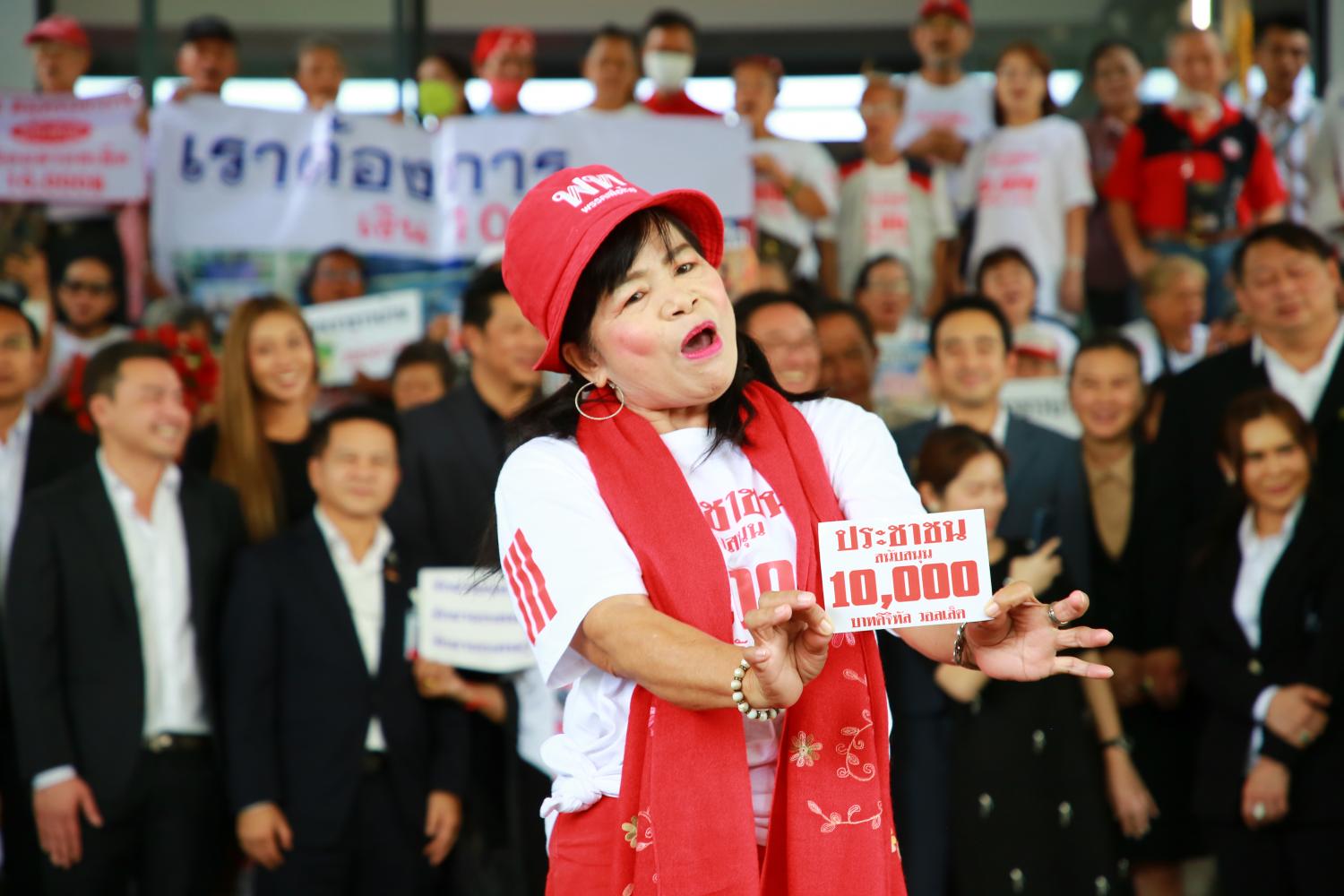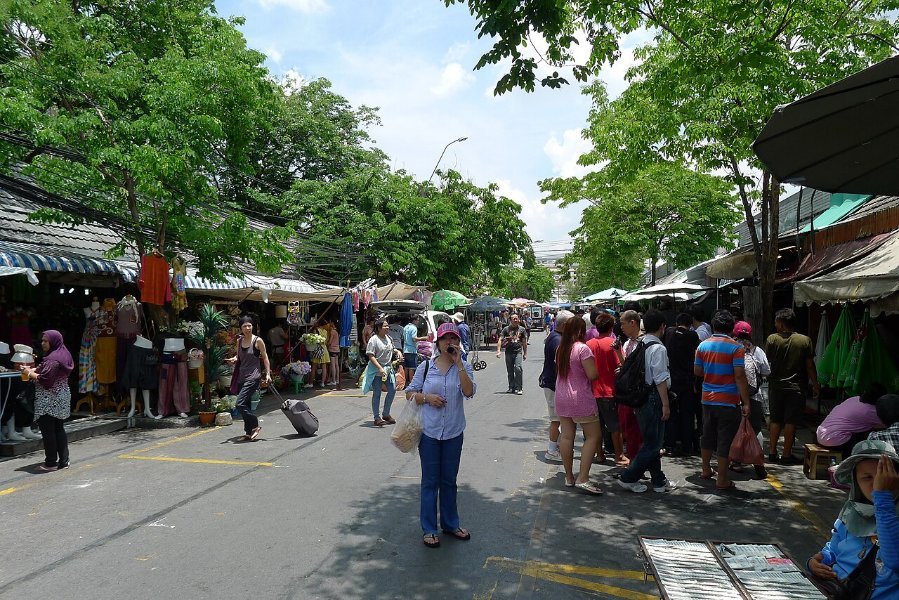The Thai government’s recent 10,000 baht cash handout program has significantly influenced political support among elderly recipients, according to a recent Nida Poll. This economic stimulus measure, part of the digital wallet scheme, has sparked both praise and criticism.
Impact on Political Support
Majority Influenced by Handout
44.89% of respondents said the program influenced their support for the government, while 30.69% stated they would support the government regardless. This suggests a strong correlation between the economic stimulus and political backing.
Spending Patterns
Essential Expenses Prioritized
The survey revealed that 86.18% of recipients used the funds for daily expenses, including utility bills and petrol. This indicates that the handout is primarily addressing immediate financial needs among the elderly population.
Economic Implications
Stimulus Effect on GDP
The government projects that the scheme will boost Thailand’s GDP by 1.2 to 1.8 percentage points, potentially driving growth to 5% in 2025. However, some analysts provide more conservative estimates of a 0.33 to 0.6 percentage point increase.
Eligibility and Restrictions
Targeted Distribution
To qualify, recipients must be at least 16 years old, have an annual income below 840,000 baht, and have less than 500,000 baht in bank deposits. These criteria aim to focus the stimulus on lower-income earners.
Implementation Challenges
Spending Limitations
The handout comes with restrictions, including a 6-month spending window and limitations on where and what the money can be used for. This has raised questions about the government’s ability to monitor and enforce these restrictions effectively.
Public Reception
Mixed Reactions
While many recipients express gratitude for the financial assistance, the scheme has faced criticism from opposition parties and some economists who question its long-term economic impact. The debate continues over the program’s efficacy and sustainability.









